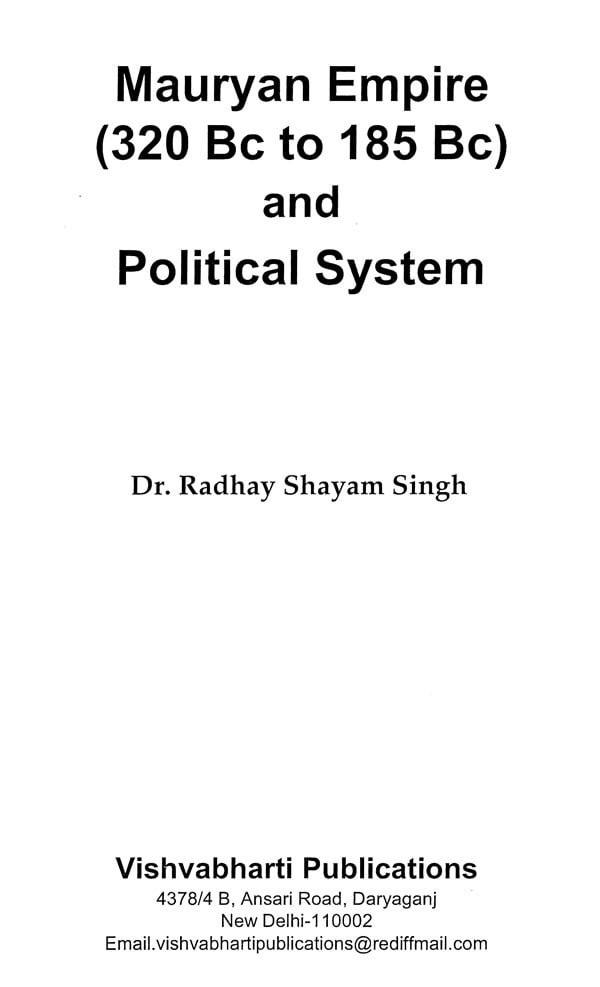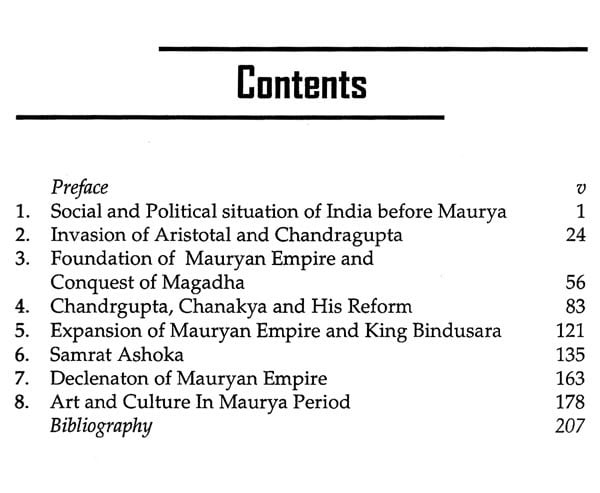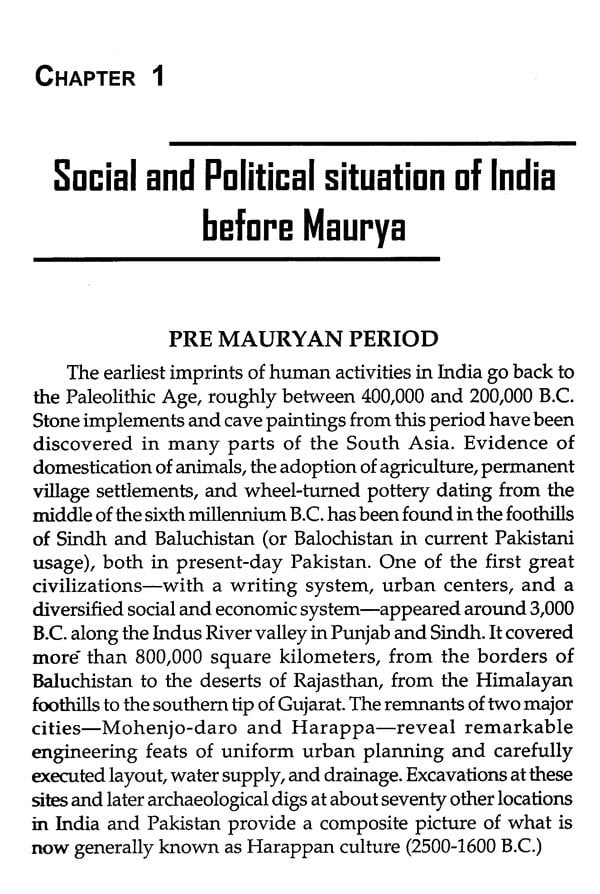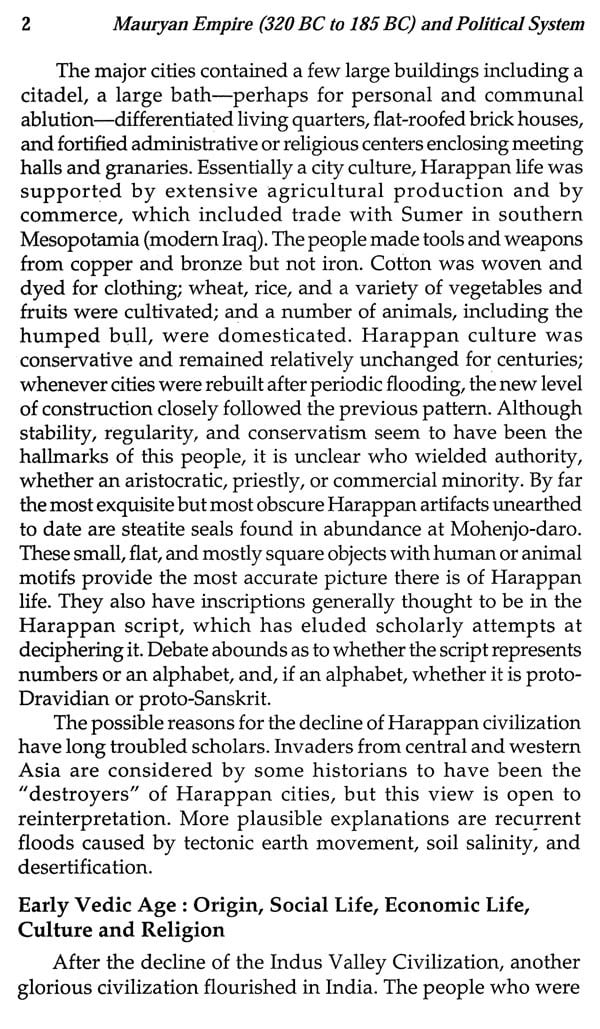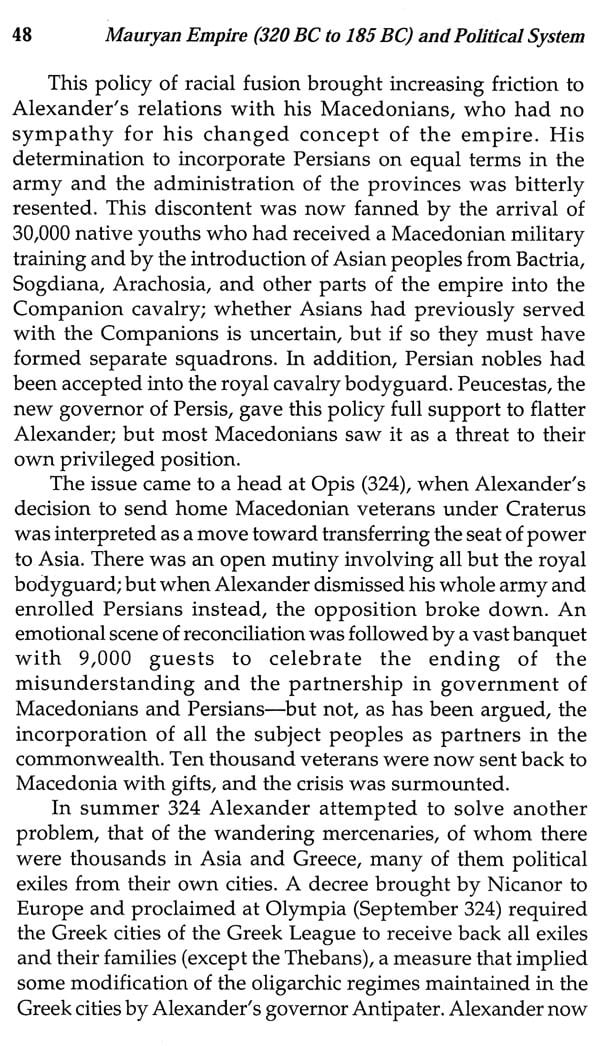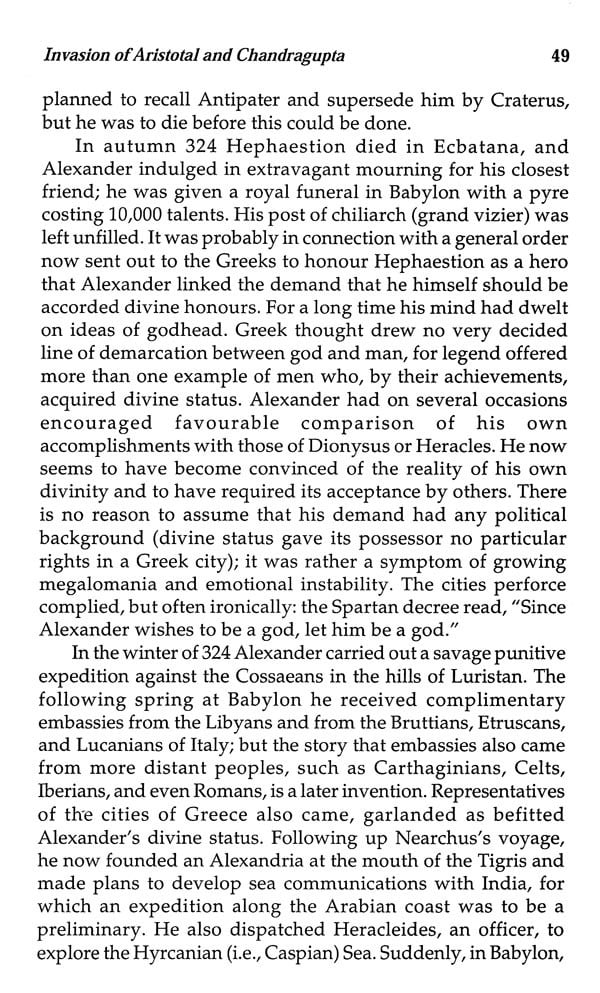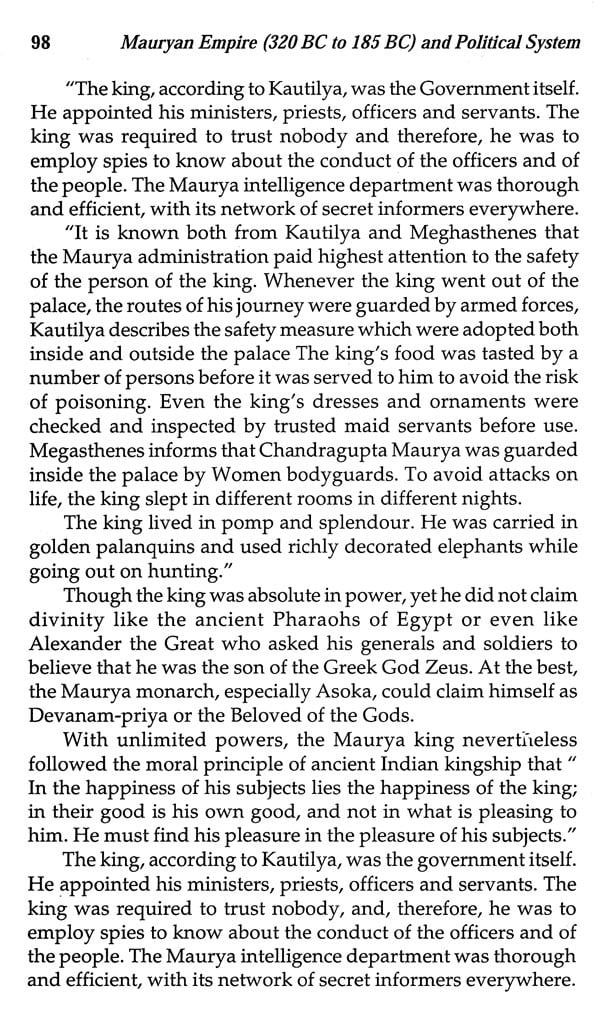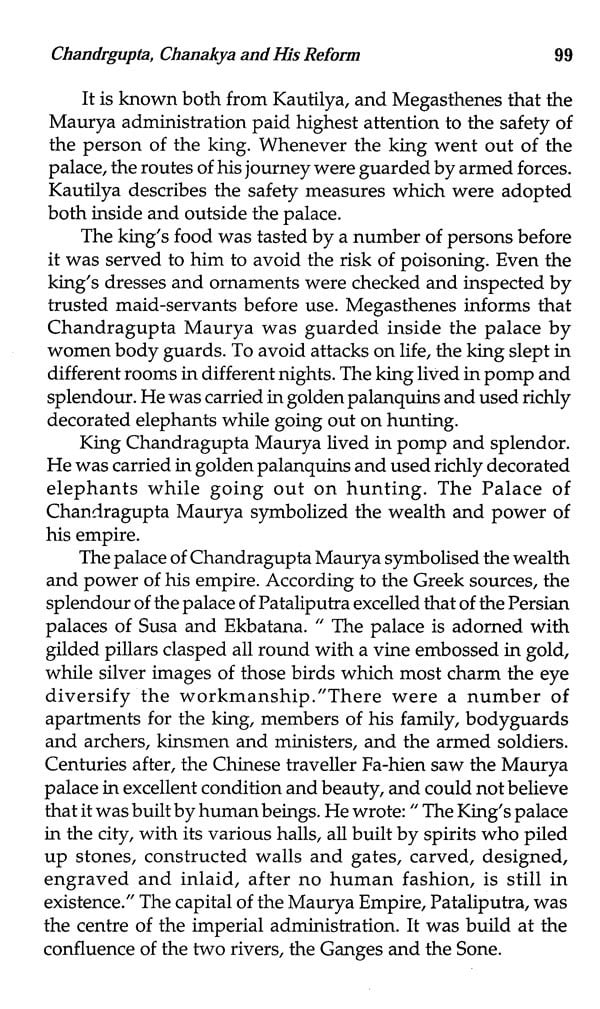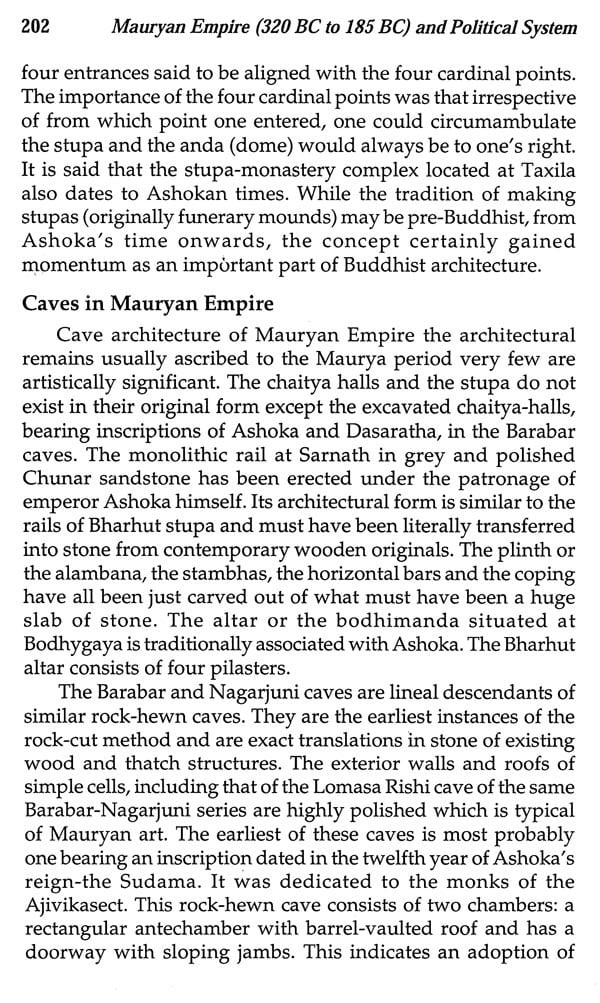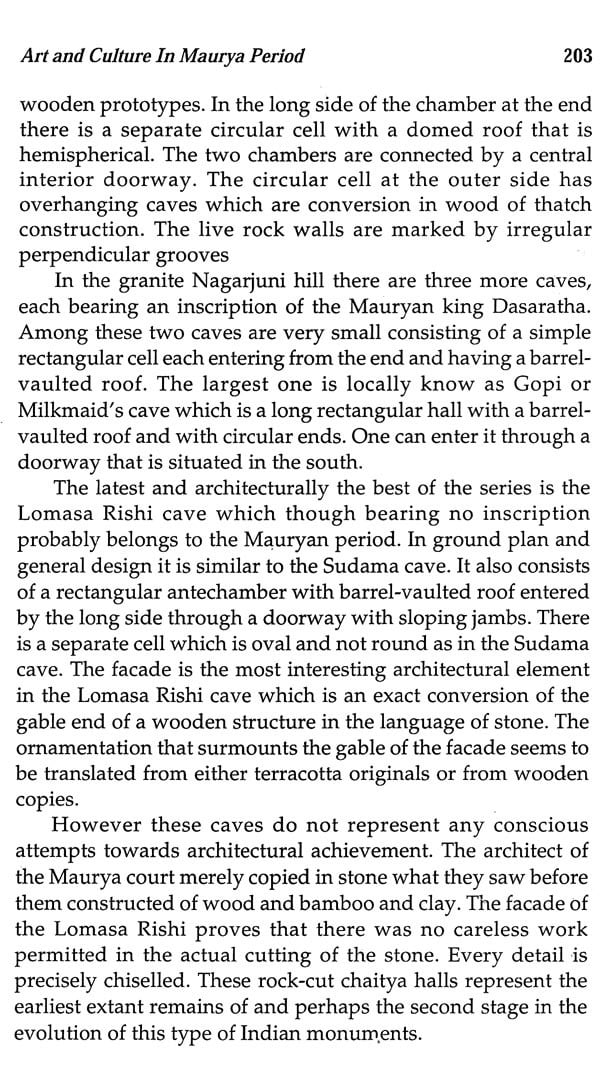About the Book The ritual purity of the Brahmins is maintained through the observance of numerous taboos, many of which relate to diet and contact with lower castes. Most Brahmin castes are strictly vegetarian, and their members must abstain from certain occupations. They may not plow or handle any impure material, such as leather or hides, but they may farm and do such agricultural work as does not violate these specific restrictions. They may also accept employment as domestic servants; many well-to-do Hindus have Brahmin cooks, who are valued because members of all castes may eat the food that they prepare.
About the Author Dr. Radhay Shayam Singh Associate Professor Government (P.G.) College Deoband, Saharanpur Graduated in 1989, Dr Radheyshyam Singh recieved gold medals at M.A (History) and M.Phil (History) levl. He did his Ph.D in history from C.C.S. University in the year 1996. He joined his duties as a lecturer in the department of history Govt. P.G. College (UP) at 23rd april 1998. He pulished many research papers and articles in various journal. He has a quality of administration and supervisiony things in a very positive manner. According to him, Teaching is a pious profession on and we should tape it posilivily'. At present he is working as a associate professor in the department of history, Govt. P.G. College Deoband, Saharanpur.
Preface Brahmin is a Sanskrit word which refers to a transcendent power beyond the universe. As such, it is sometimes translated as 'God' although the two concepts are not identical. Brahmin is the power which upholds and supports everything. According to some Hindus this power is identified with the self (atman) while others regard it as distinct from the self.
**Contents and Sample Pages**
